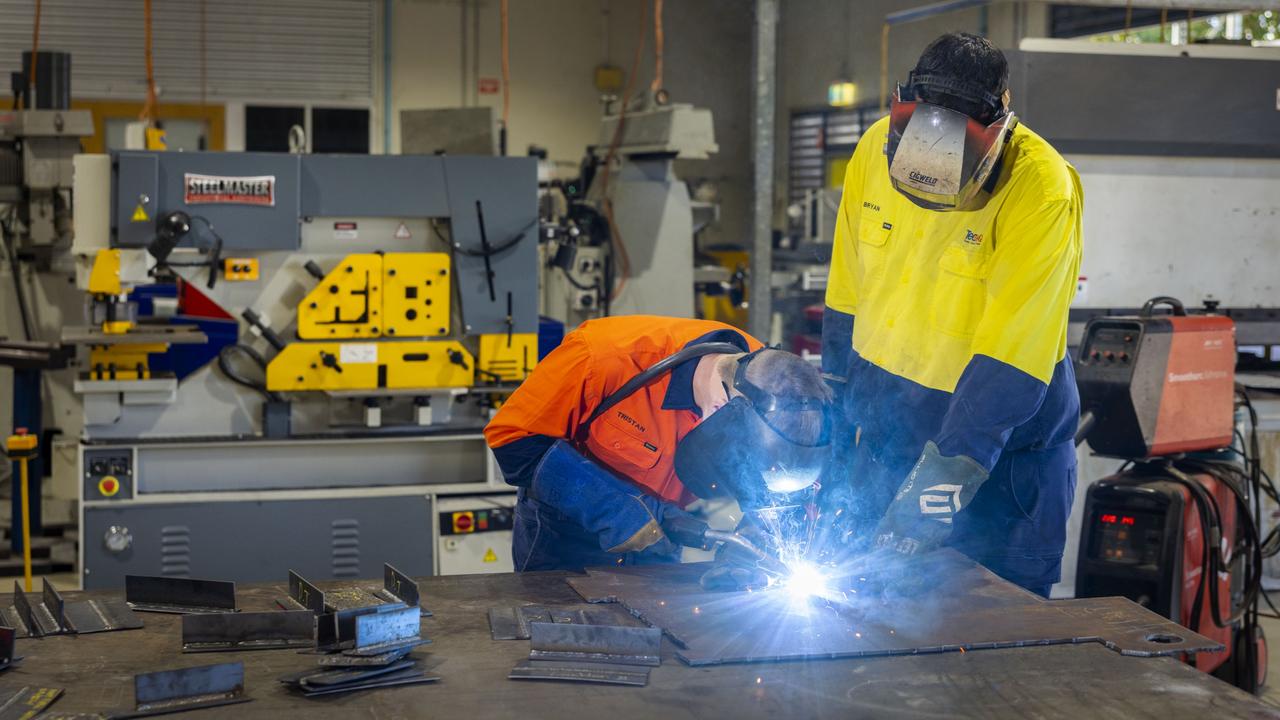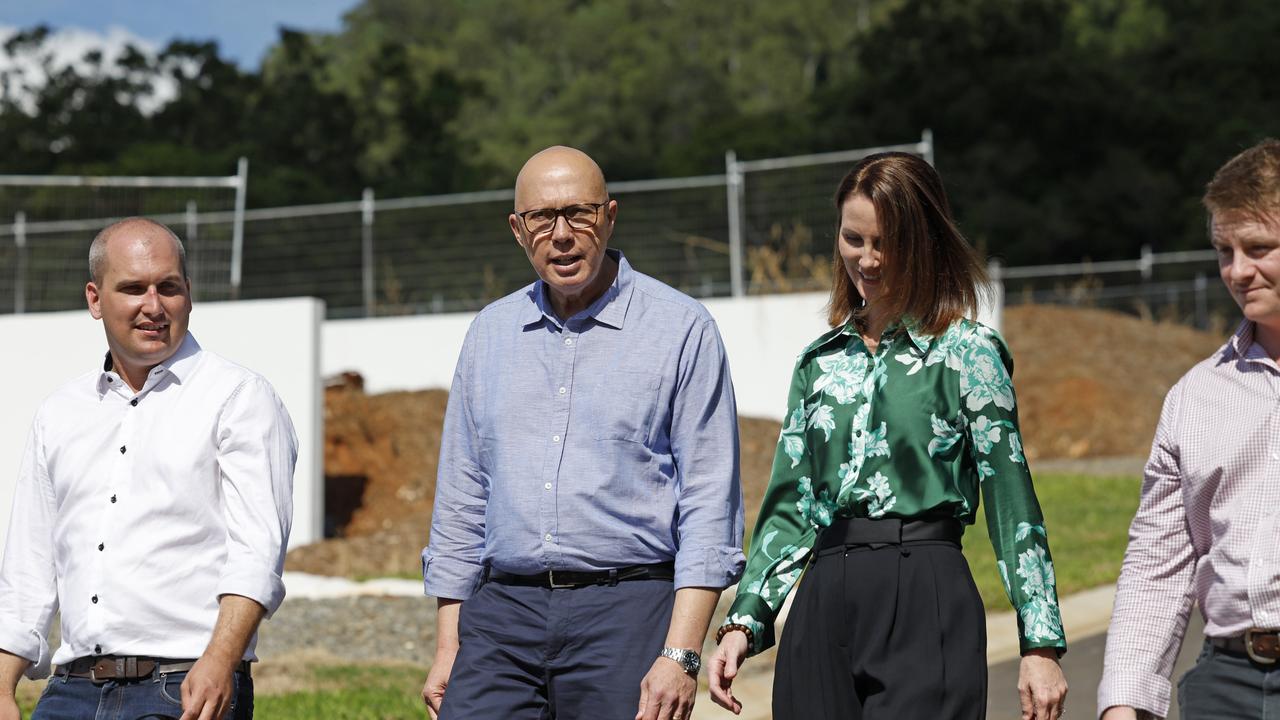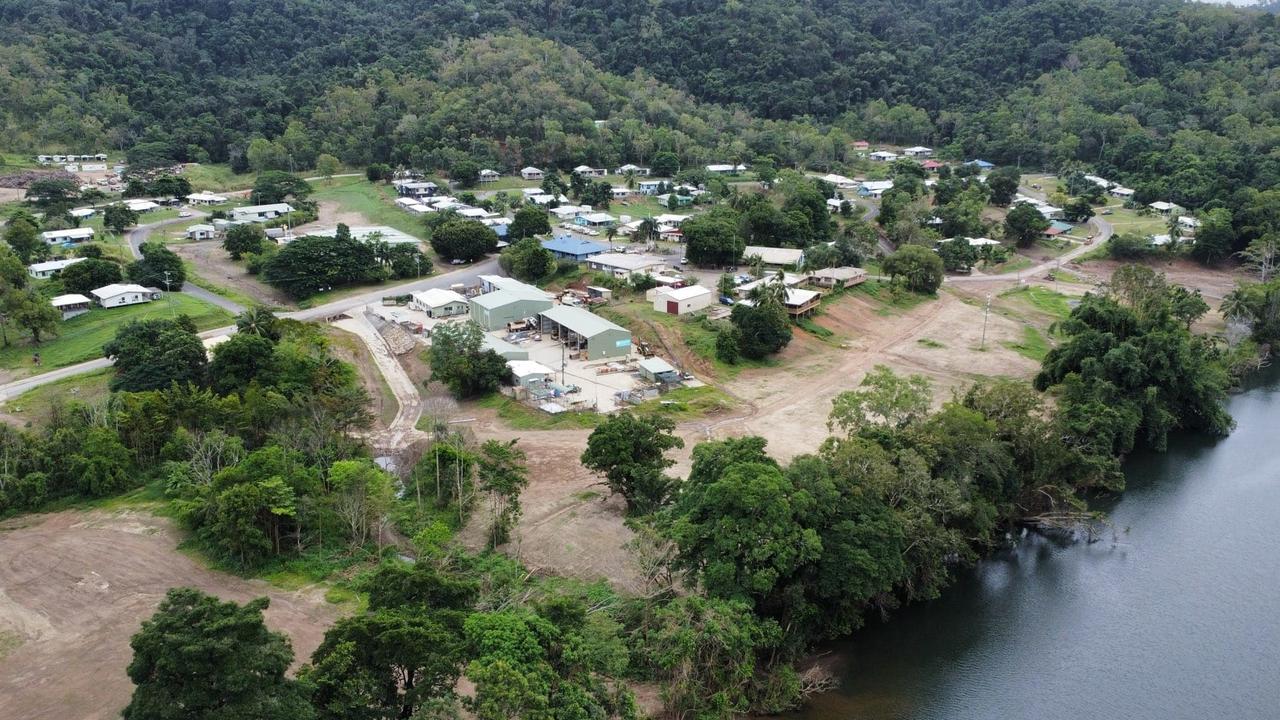LifeFlight training academy prepares doctors for real-life rescue scenarios
Three critical care helicopter doctors will be on the ground in Far North Queensland to help with rescues from crashes, waterfalls and other complicated terrain.
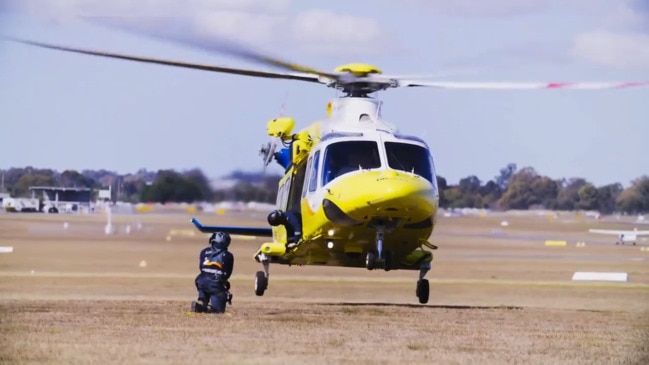
Cairns
Don't miss out on the headlines from Cairns. Followed categories will be added to My News.
Three critical care helicopter doctors will be on the ground in Far North Queensland to help with rescues from crashes, waterfalls and other complicated terrain.
The new recruits will be on-board the AW139 Queensland Government Air helicopter fleet, which operates from bases in Cairns, Townsville and Brisbane.
It comes after they completed the intensive medical aeromedical training at LifeFlight Training Academy in Brisbane.
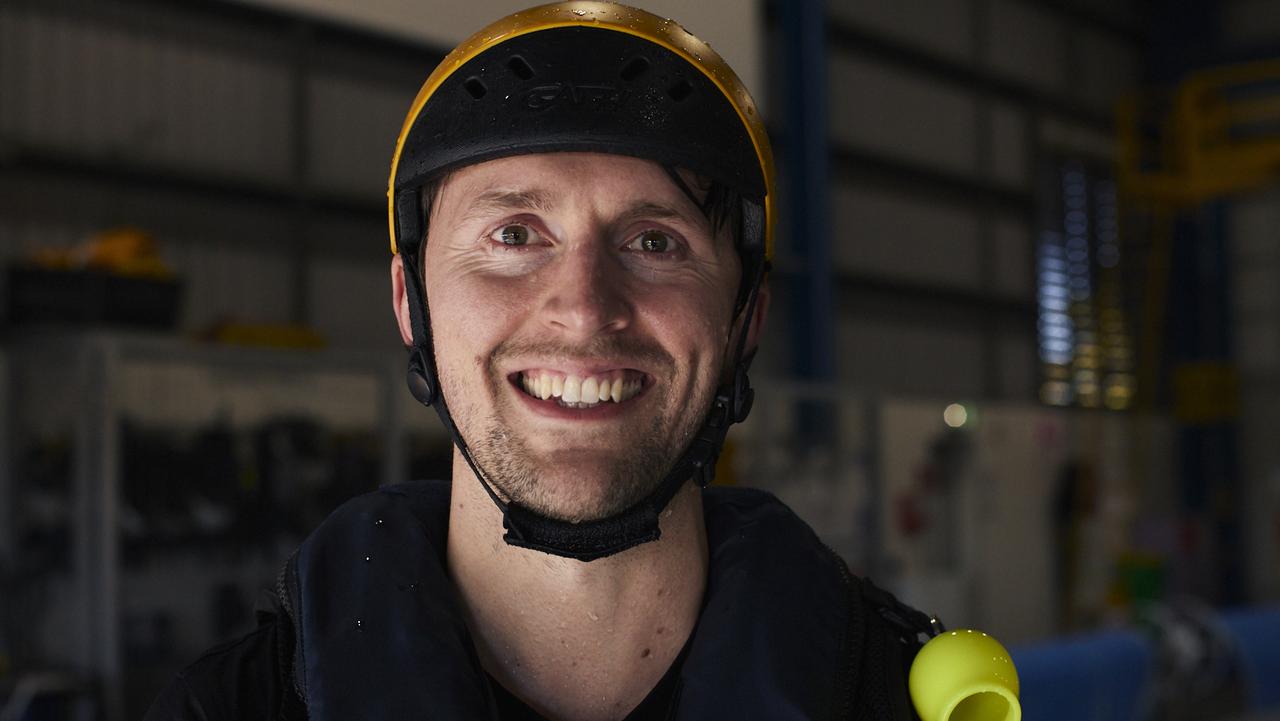

The week-long program involved several key elements, including clinical scenario training, rescue winching and Helicopter Underwater Escape training to prepare doctors for the “unlikely event” a rescue chopper crashes.
Doctor Andy Cochrane, a former Cairns man, said he was looking forward to being back home.
“I did a lot of hikes, trails and waterfalls, but never quite felt like I managed to get enough of it done. This seemed like the time to do it,” he said.
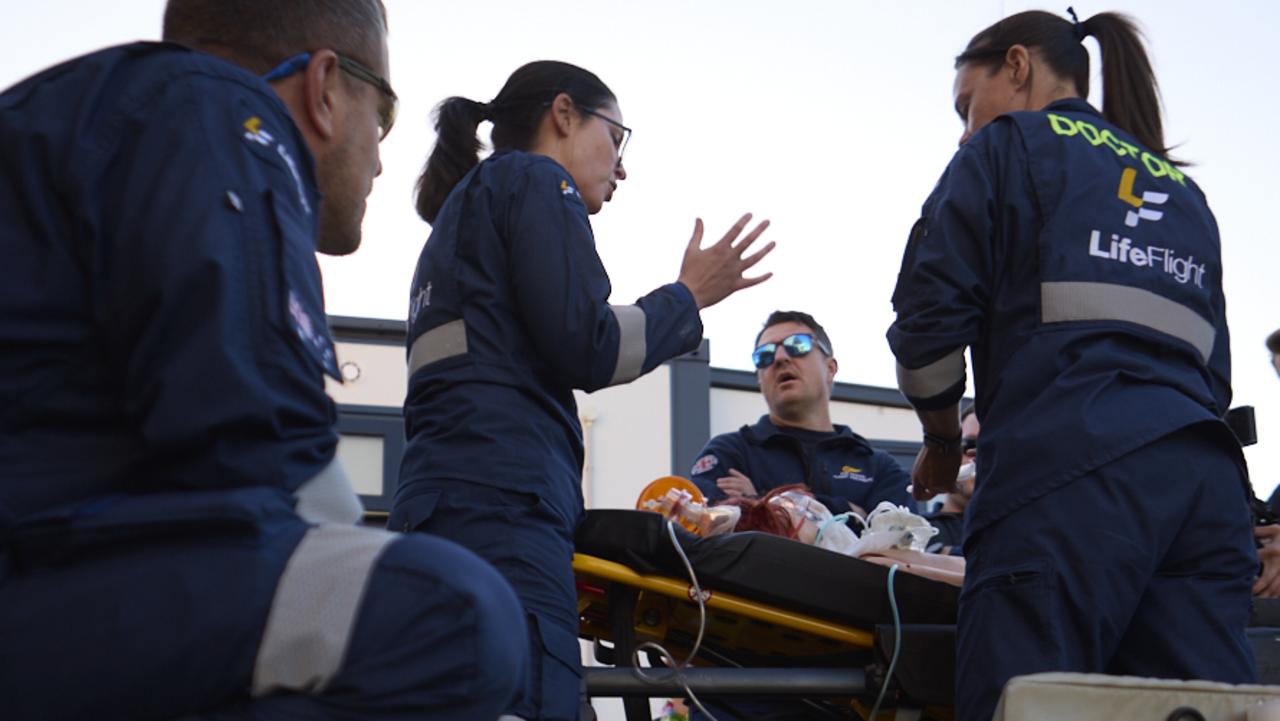
“I decided to come to LifeFlight to do critical care work. There’s quite a few of my bosses at work that are LifeFlight retrieval consultants, you start to notice some of the qualities they’ve borrowed from their LifeFlight training.
“You can always tell when someone’s been through [the training]. You’re seeing how quickly they’re organising the team and how quickly things are moving.”
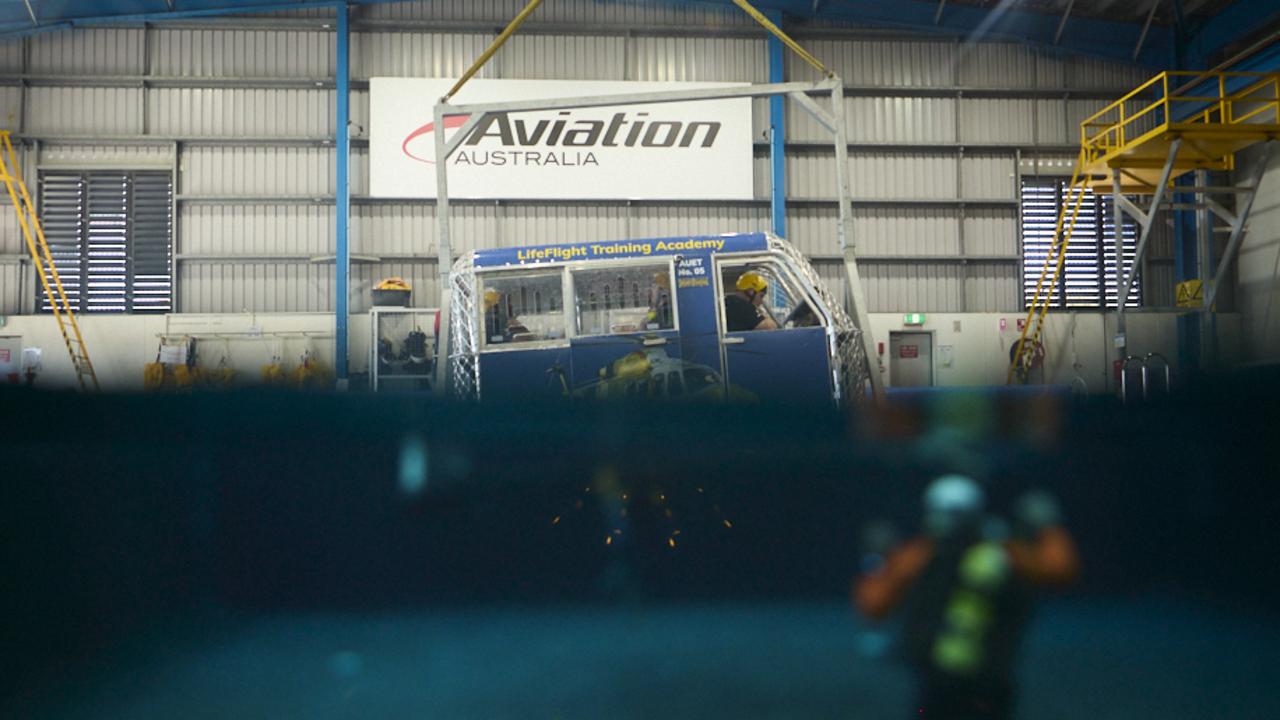
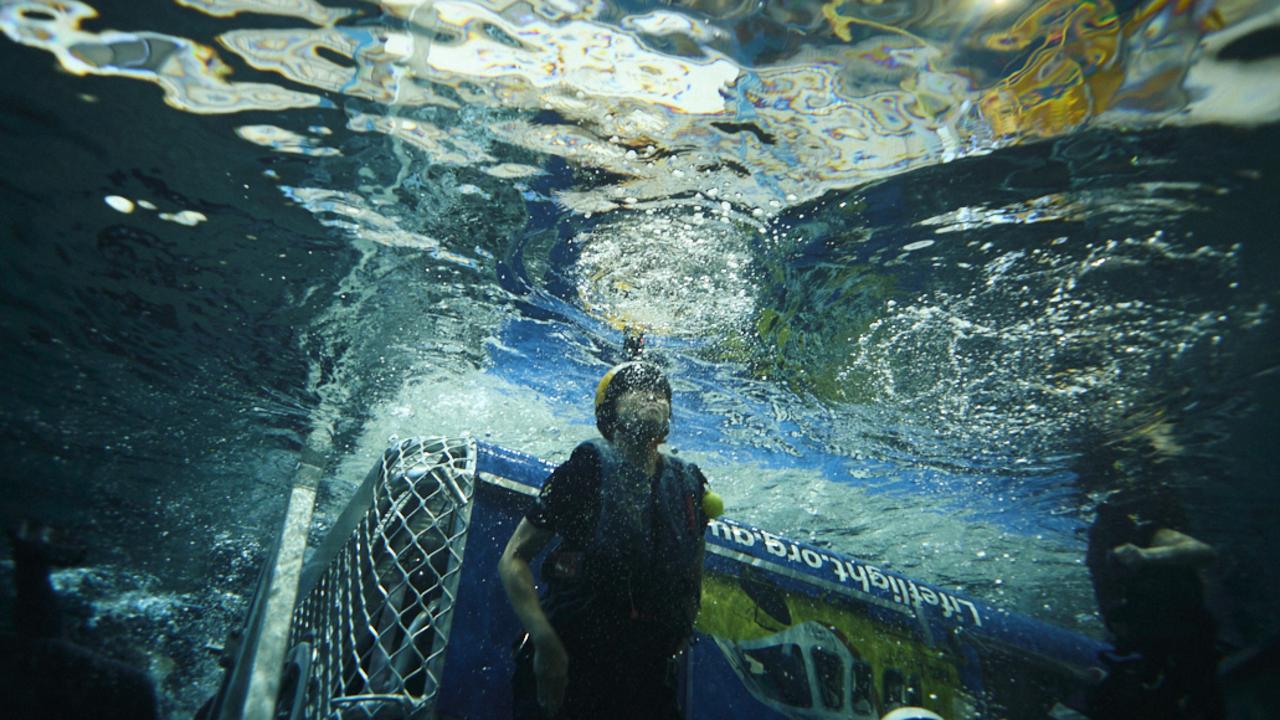
With the safety of doctors also at the forefront of the training, HUET LifeFlight Manager Mick Dowling said a critical piece of the training was to equip staff with escape safety measures if a helicopter were to crash into the water during a retrieval operation.
“Worldwide figures tell us that when an aircraft or helicopter goes into the water, it’s going to rotate over because it’s top heavy,” Mr Dowling said.
“The simulator allows us to teach them the skills to stay orientated, and once they have adopted those skills, they will have no problems finding exits.”
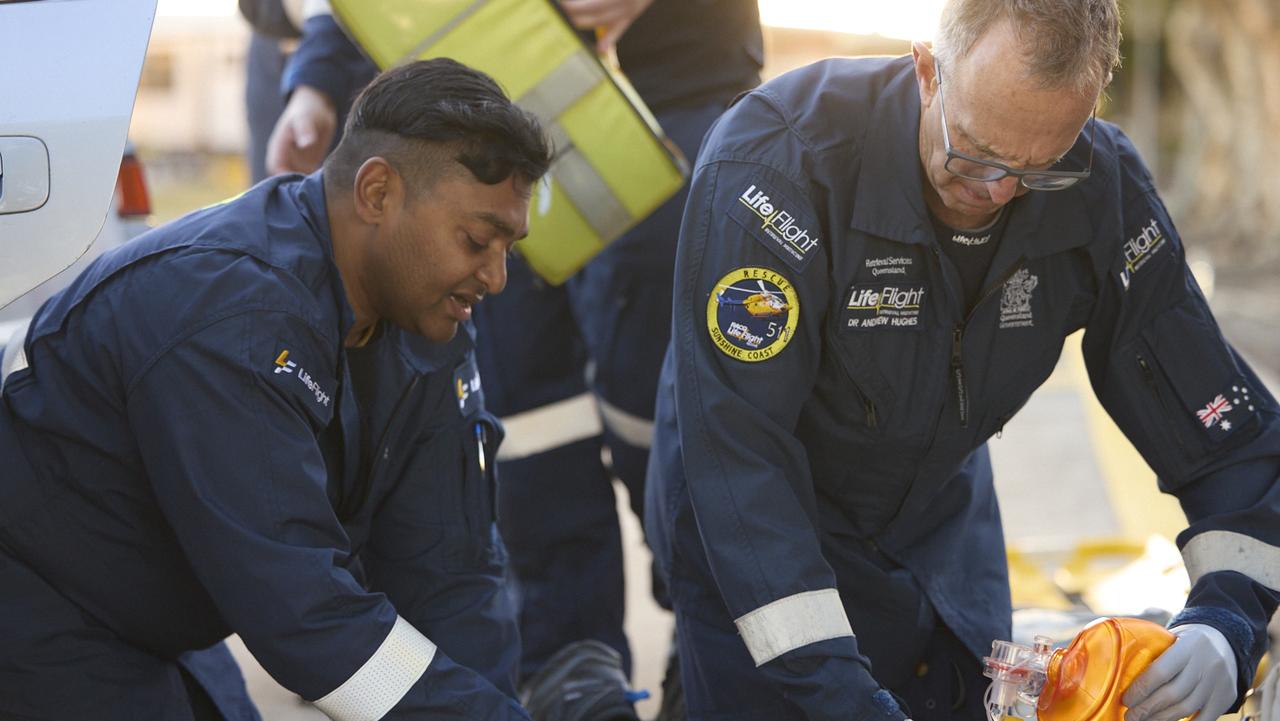
Pre-hospital clinical skills and winch training were also carried out during the week through a number of “real-life and worst-case” scenarios, from multi-casualty car crashes to boating disasters.
“As a rescue organisation, winching is probably the most dangerous thing we do and it’s pretty crucial to how we operate,” LifeFlight aircrew officer Brett Hansen said.
“When operating in a confined area that we can’t land in, it’s crucial to have those skills.”
QGAir was responsible for carrying out aeromedical transfers in Cooktown, along with search and rescue checks, during the 2023 floods across Far North Queensland.
It became the first Emergency Medical Service helicopter operated in Australia to surpass 30,000 operational flight hours earlier this year.
More Coverage
Originally published as LifeFlight training academy prepares doctors for real-life rescue scenarios




